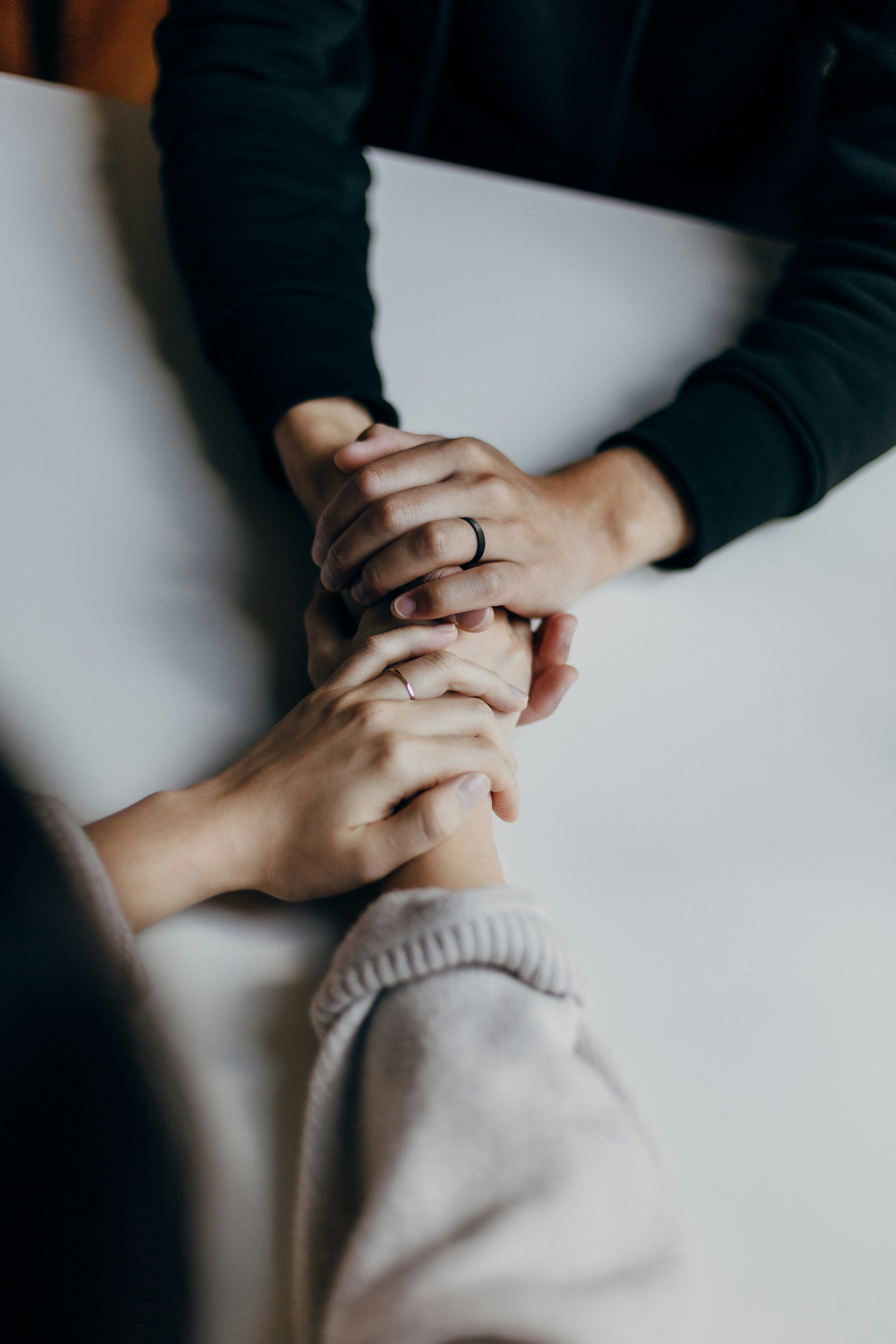
Colonization is the process of systemic denigration, oppression and exploitation of less-Westernized people, to establish the superiority and desirability of the colonizer. Colonizers establish themselves as superior compared to the colonized people, who are often portrayed as "uncivilized" and begin to see themselves through the lens of these stereotypes. Over time, they distance themselves from their own culture and try to emulate the colonizers, even feeling grateful for what they saw as "civilization."
Colonial mentality can significantly impact mental health. It often leads to negative effects like low self-esteem, increased anxiety, depression, and a general sense of cultural shame, as individuals internalize the belief that their culture is inferior to the colonizing culture, causing distress and impacting their overall well-being. These internalized beliefs not only affect mental health but are passed down through generations.
Here are some key ways colonial mentality impacts mental well-being:
- Internalized inferiority: The core aspect of colonial mentality is the internalization of the belief that one's own culture and identity are less valuable than the colonizer's, leading to feelings of inadequacy and self-doubt.
- Depression and anxiety: Research has shown a strong correlation between high levels of colonial mentality and increased symptoms of depression and anxiety.
- Negative self-perception: Individuals with colonial mentality might exhibit a negative view of their own appearance, language, or cultural practices, often leading to attempts to assimilate fully into the colonizer's culture.
- Cultural Disconnection: Rejecting one’s own culture can lead to a sense of alienation from heritage and community.
- Barriers to Seeking Help: People may avoid seeking mental health support, blaming themselves instead of recognizing the broader effects of colonization.
Colonial mentality manifests in subtle but pervasive ways in our daily lives, often shaping preferences and perceptions without conscious awareness. One such example is the preference for the colonizer's language over native languages, which can inadvertently erode cultural identity and disrupt communication within communities. Another is the widespread practice of skin lightening, driven by a preference for lighter skin tones that reflects internalized ideals of beauty associated with colonial standards. These practices underscore the lingering influence of colonial histories on personal and societal values today.
How can you address Colonial Mentality?
- Cultural Awareness: Educating individuals about colonial history and encouraging pride in their cultural identity.
- Community Empowerment: Supporting efforts to reclaim and celebrate cultural practices and heritage.
- Therapy: Seeking mental health support can be beneficial for Muslims struggling with the psychological effects of colonial mentality. It’s important to find a clinician who can conceptualize how colonial history and legacy may be part of Muslim’s experience in the US. Practitioners should focus on sociohistorical systems in conceptualizing mental health and consider experiences of Muslims and their families both prior to and after immigration to the U.S. Therapy should consider their intersectional identities, including factors like generational differences, gender, and religious background. For example, the experiences of first-generation immigrants often differ from those of their children born in the U.S. Similarly, how a Muslim identifies (e.g., South Asian, bicultural, or American) can shape their sense of belonging and the way they navigate multiple cultural influences.
By addressing these layers of identity and history, individuals and communities can work toward healing and rediscovering cultural pride.
Mariam Chohan is a clinical psychologist practicing in Maryland. She holds a Doctor of Psychology (PsyD) degree and is a board-certified behavior analyst. As a Pakistani-American Muslim, she brings a culturally informed perspective to her work, specializing in evidence-based approaches to mental health including a focus on intergenerational trauma. Her practice focuses on promoting holistic well-being and fostering meaningful change in diverse populations. To inquire about services or schedule an appointment, please contact Mariam at mariam.chohan@gmail.com

